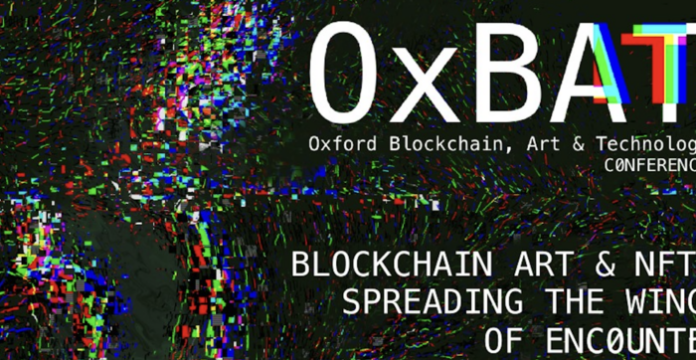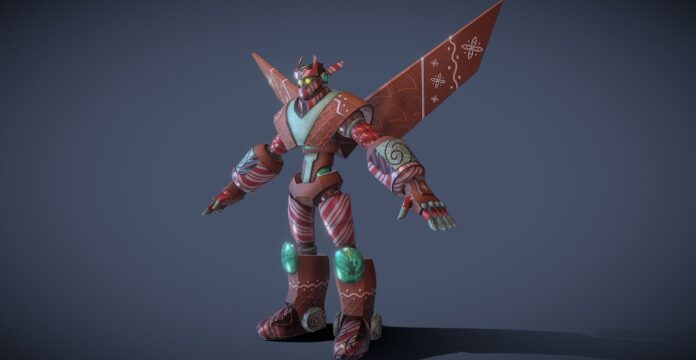We live in the time of ‘tokenomics’, as real world economies become less real and more ludic. Cryptocurrency markets have already been conceptualized as ‘money games’ that are played against the centralized banking system (Hutten and Thiemann 2017). Due to the many technological opportunities provided by blockchain, cryptocurrencies are gradually becoming more integrated into business and finances (Iansiti and Lakhani 2017), even though they still require a high level of technical and financial literacy from their users.
Developers of games have taken the challenge to make cryptocurrencies more accessible: Gamification of blockchain technologies is visible in the new genre of cryptogames. There are already several interesting examples of cryptogames, such as CryptoPunks (Larva Labs, 2017), CryptoKitties (Axiom Zen, 2017), Gods Unchained (Fuel Games, 2018), Blockchain Cuties (Blockchain Cuties, 2018), and Axie Infinity (Sky Mavis, 2018). These games offer new forms of ownership that allow peer-to-peer trade on open markets using cryptocurrencies such as Ether, with a possibility to transfer profits into the real world. Just like regular cryptocurrencies, game tokens are subject to a wide range of speculations, which parallels descriptions of early open markets in multiplayer games (Dibbell 2006; Fairfield 2008). These potentially anti-social tendencies are balanced by full transparency of all interactions and self-regulating gaming communities.
It could be said that cryptogames were foreseen long before their actual existence in game studies, for example, in the concept of fair and righteous ‘ethical games’ of Miguel Sicart (2009), as well as in the imaginary libertarian virtual worlds of the game economist Edward Castronova. Castronova went as far as predicting that the players will have to collectively pay the maintenance fee of a virtual economy to speed up the congested network, a principle that characterizes many cryptogames today (Castronova 2005). This highlights the increasing importance of informed discussions of games and blockchain technologies in the game studies community today.
Despite their youth, ‘insider politics’ of cryptogames are already getting complicated. Decentralization allows players to rule their worlds on their own, but also demonstrates the limits of freedom and trust in gaming communities. Many cryptocurrency-based games are games of chance by design, and very little more than that. They are played on a technological platform that hosts major gambling applications, by crypto traders and sometimes professional gamblers. These developments challenge the orthodox definition of a game once again, but also makes us revisit the old dispute between Huizinga and Caillois (Caillois 1961). Is gambling as important as competition in the evolution of gaming? Are game researchers equipped well enough to understand all these burgeoning new forms of digital “cock fights” and “kitty races”?
Join us, and let us find out together!
Possible topics for discussion:
- Cryptocurrency-based games: the future of the game industry?
- Skin in the game: how crypto games are actually played;
- Playing it fair: blockchain technologies in gambling;
- ‘Smart property’ and new forms of ownership in games;
- Gamifying blockchain technologies: from CryptoKitties to CryptoKicks, and more.
The archived Call for Abstracts can be found here.
REFERENCES
- Thiemann, M. and Hütten, M. 2017. “Money at the Margins”. In Bitcoin and Beyond: Cryptocurrencies, Blockchains, and Global Governance. Edited by Campbell-Verduyn, M. London: Palgrave Macmillan. 25-47.
- Iansiti, M., and Lakhani, K. R. 2017. “The Truth About Blockchain.” In Harvard Business Review, February.
- Castronova, E. 2005. Synthetic Worlds: The Business and Culture of Online Games. Chicago: University of Chicago Press.
- Fairfield, J. A.T. 2008. “Anti-Social Contracts: The Contractual Governance of Virtual Worlds”. In McGill Law Journal. Vol. 53. Washington & Lee Legal Studies.
- Dibbell, J. 2006. Play Money: Or, How I Quit My Day Job and Made Millions Trading Virtual Loot. New York: Basic Books.
- Caillois, R. 1961. Man, Play, and Games. University of Illinois Press.
- Sicart, M. 2009. The Ethics of Computer Games. Cambridge, Mass: MIT Press.
LUDOGRAPHY
- Larva Labs. 2017. CryptoPunks. Digital Collectible. Larva Labs.
- Axiom Zen. 2017. CryptoKitties. Online Game. Dapper Labs.
- Fuel Games. 2018. Gods Unchained. Online Game. Immutable.
- Blockchain Cuties. 2018. Blockchain Cuties. Online Game. Blockchain Cuties.
- Sky Mavis. 2018. Axie Infinity. Online Game. Sky Mavis.






2 thoughts on “The Games and Blockchain Workshop at DiGRA 2020: The Agenda”